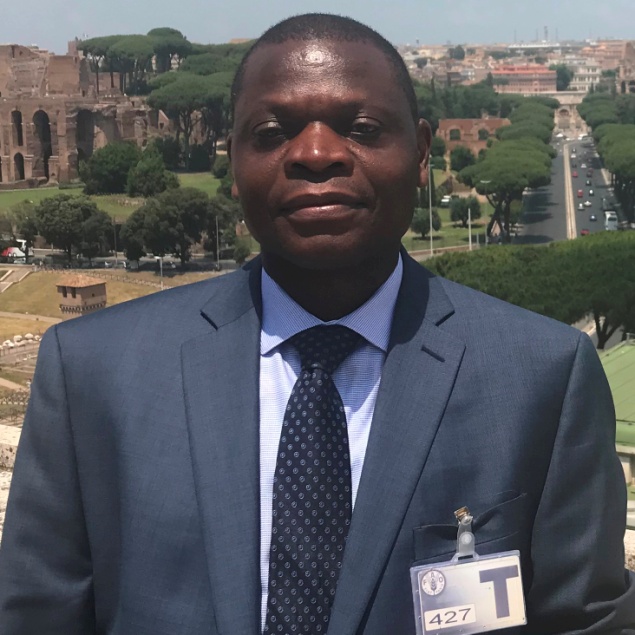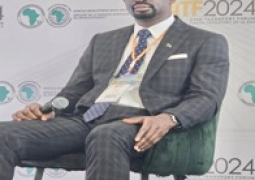
Mr Sibanda made these remarks on Monday at the Sir Dawda Kairaba Jawara International Conference Centre when the Ministry of Trade, Industry, Regional Integration and Employment organised the formalisation forum with support from Division for Sustainable Development Goals, United Nations Department of Economic and Social Affairs (DSDG/DESA) and United Nations Development Programme.
He added that promoting the growth of MSMEs is also an indispensable requirement for women and youth’s economic empowerment and sustainable development.
He stated that MSMEs play a critical role in the economic growth and structural transformation of Africa, including that of The Gambia.
He said, according to the International Trade Centre, MSMEs represent more than 90 per cent of business entities and employ about 60 per cent of the labour force in the continent.
However, he said the proliferation of MSMEs in quantity does not necessarily enhance their contribution to economic growth and sustainable development.
The majority of MSMEs in The Gambia and across Africa, as their counterparts in many other parts of the world are informal and concentrate in labour intensive sectors, including retailing, services and tourism sectors, he pointed out.
He noted that these sectors are highly vulnerable to external shocks, especially to global economic downturns and emerging challenges such as those posed by the COVID-19 pandemic.
“The various measures that have been put in place to contain the pandemic, including a State of Public Emergency, lockdowns and social distancing measures that were implemented once the first COVID-19 cases were confirmed in March 2020, have led to the loss of revenues, massive job losses, and closure of small businesses, including MSMEs”, he also said.
Unlike bigger enterprises, Mr Sibanda said MSMEs lack sufficient cash reserves to weather external shocks, adding that their informality further renders them less able to benefit from economic stimulus packages and emergency credit.
He highlighted that targeted policy measures that offer timely support to both formal and informal MSMEs would be crucial to revitalise these enterprises if we are to build back better and enhance the role of entrepreneurship in post-COVID-19 social and economic resurgence and achieving the Gambian National Development Plan 2018–2021 which is aligned with the 2030 Agenda for Sustainable Development and the African Union Agenda 2063.
The Gambian economy is characterised by the dominance of MSMEs in different economic sectors, he further said, noting that MSMEs can contribute to economic growth and sustainable development, in terms of creating employment opportunities, strengthening vocational and technical skills, as well as facilitating innovations by introducing new products, services and technologies.
Nonetheless, he also said that MSMEs in The Gambia are facing multiple challenges such as limited human capital, access to credit, global value chains and productive infrastructure.
He said it will be critical to recognize the heterogeneity of the MSME sector and ensure that sustained policy support is tailor made to the specific needs of MSMEs as the first responders to the pandemic in terms of protecting jobs and sustaining the livelihoods of people in vulnerable situations.
He remarked that International cooperation and partnerships remain the key for building an enabling policy environment for MSME growth through policy dialogue, knowledge exchange and experience sharing.





